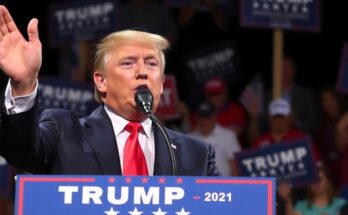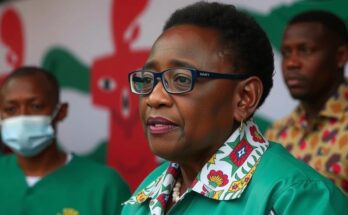Mozambique has experienced significant political transformations since the end of its civil war, but ongoing tensions between the ruling party Frelimo and opposition Renamo, compounded by economic challenges and security issues, complicate its political landscape as it approaches the 2024 elections.
Mozambique’s journey toward peace and stability has been marred by civil conflict, economic challenges, and political tensions. Following years of war between Frelimo and Renamo, multiparty elections were held in 1994, leading to significant political reforms and a commitment to democratic governance. Despite progress, economic growth largely excluded the majority of the population, fueling discontent and insurgency. The 2014 elections brought tenuous peace, although tensions persisted as Frelimo maintained control against a backdrop of allegations of electoral misconduct. As Mozambique approaches the 2024 elections, political divisions and human rights concerns remain pressing issues, further complicated by economic instability and a growing insurgency in the north.
Mozambique, after years of civil war, has navigated challenging political landscapes marked by conflict between the ruling party Frelimo and its opposition Renamo. The 1994 elections marked a critical transition to multiparty democracy, yet strife persisted, driven by entrenched poverty and political grievances. Economic reforms initially bolstered growth, attracting foreign investment, but scandals surrounding public debt and electoral disputes undermined progress. The situation was exacerbated by an insurgency in Cabo Delgado province, posing significant humanitarian and security challenges. The country’s political environment remains fluid, particularly as the 2024 elections approach amid increasing tensions and allegations of electoral irregularities.
In summary, Mozambique’s path to peace and development reflects a narrative of resilience amid adversity. The broader implications of political unrest, ongoing insurgency, and allegations of electoral fraud necessitate a concerted effort from all stakeholders to ensure credible governance and sustainable development. As the nation prepares for the upcoming elections, the need for transparency, accountability, and active engagement from civil society becomes crucial in shaping a more inclusive political future for Mozambique.
Original Source: www.britannica.com




